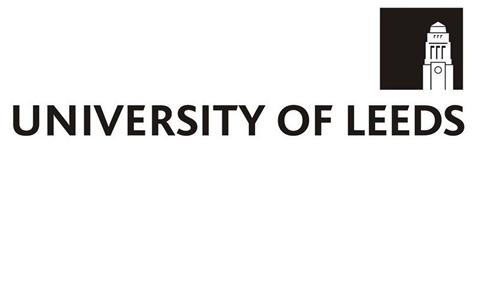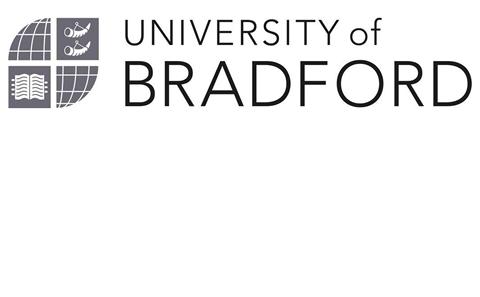
University of Southampton
Partners and Collaborators
This study aims to evaluate patient and carer access to medicines for symptom control at end-of-life, to help us identify areas for service intervention and workforce development. We expect that our findings will stimulate and inform changes to healthcare policy, clinical commissioning, service organisation, practice delivery, education and training.
Background
People in the last year of life require medicines for control of symptoms and recent evidence confirms that effectively managing medicines at the end-of-life is a priority for patients and carers. Medicines access (prescription, dispensing, supply and associated information giving about medicines and access to medicines) is often experienced by patients and carers as difficult, complex, demanding, lacking co-ordination and involves a multiplicity of professionals.
Our study aim is to provide an evaluation of patient and carer access to medicines at end-of-life within the context of current services. This will enable us to generate service recommendations that result in responsive, person-centred, co-ordinated medicines access, together with the identification of factors that will embed recommendations into routine practice.
Objectives
Methods
Phase 1: Systematic review of research evaluating medicines access experiences, influences and outcomes across a range of different end-of-life service delivery models.
Phase 2: On-line questionnaire surveys of community-based healthcare professionals (general practitioners, community nurses, palliative care clinical nurse specialists and pharmacists) practising in end-of-life care contexts.
Phase 3: In-depth, contextual evaluation of medicines access experiences, service costs and outcomes in different end-of-life service delivery models, drawing on multiple stakeholder perspectives within six embedded, mixed method case studies. We will then undertake a cross-case comparison of medicines access experiences, and conduct an economic evaluation of these vs. standard care. The mixed method case study methodology includes:
Phase 4: Survey using telephone interviews with 20-30 community pharmacists and approximately 10 key pharmaceutical wholesalers and distributors to evaluate supply chain processes and identify challenges in providing access to end-of-life medicines.
Phase 5: A consensus-building workshop, with invited end-of-life care national experts, to: review study findings; generate recommendations pertaining to end-of-life service delivery model characteristics that result in responsive, person-centred, coordinated medicines access, and identify and/or construct models to evaluate in a follow on study.
Partners and Collaborators
| University of Southampton | University of Leeds |
|---|---|
|
Professor Sue Latter (Chief Investigator) |
|
| Patient/Lay Person Representative | University of Bradford |
| Mrs Lesley Roberts | Professor Alison Blenkinsopp |
Contact
For further information contact:
Progress and Outputs
Study updates and outputs as they are available will be posted here.

Partners and Collaborators

Partners and Collaborators

Partners and Collaborators
The University cannot accept responsibility for external websites.